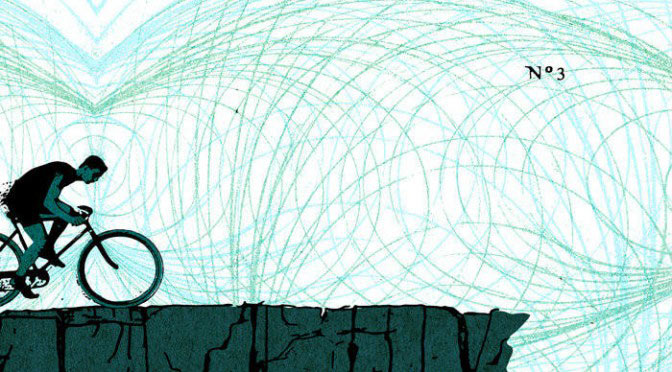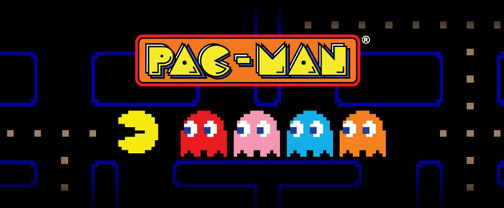How To Be Batman Review

It’s the blind leading the blind on Invisibilia’s third episode and it’s absolutely fascinating.
The title for Invisibilia’s third episode, How To Be Batman, is misleading.
People looking for tips becoming a multi-millionaire, masked crime fighter would be disappointed. Sorry future Bruce Waynes, the how-to guide you’re looking for is on another website. (Note: Chuck Klosterman explains in I Wear The Black Hat why vigilantism, thus Batman, wouldn’t work in real life.)
No, this episode of Invisibilia was about expectations. Specifically, the effect expectations have on other people.
Let me say this: I loved this episode. The previous used four stories to explain one concept like fear or the importance of our thoughts. This episode, How To Be Batman, told us one story diving deeper into the topic, giving it a more authoritative feel.
The show starts with a simple question, can our thoughts influence the actions of a rat?
Random NPR employees were quizzed and, unsurprisingly, all said no. Their thoughts had zero effect. But the opposite is true. People’s thoughts and expectations can influence other beings.
Alix Spiegel, who tells the story, talks about an experiment where a group of lab rats. Signs were randomly placed outside the cages, saying positive or negative things about said rats. The rats with the positive signs finished mazes faster than the ones labeled as dumb or lazy.
Remember, the signs were placed on the cages randomly. So what happened? I’m paraphrasing here, but the rats responded to the treatment they received from the lab technicians. Positive treatment returned quicker maze rats. Negative treatment, not so much.
And, according to this story, maybe we’re not that different from rats as we’d like to believe. This is where David Kish enters the story.
Kish is blind and he can ride a bike.
The hosts spend a decent amount of time talking about Kish, his history, and his goals. They, Lulu Miller and Spiegel, go into the science of echolocation. It’s interesting, but not why I liked this episode.
What piqued my interest was a wild idea. One I had never thought about. The blind might be more independent if we expect it from them.
That’s what Kish is proposing. To hear him talk about it, you’d believe leading the blind through a room or down a hall would be the worst thing for their independance. That’s why he teaches others echolocation. If it worked for him, then it could work for others.
It’s the blind leading the blind.
It seemed so strange but so fascinating. This is where Miller and Spiegel spend the most time. Exploring this idea that our desire to help could be more harmful in the long run.
At the end of the day, this episode is an interesting look at the expectations we put on those around us, including the blind. Great episode. I can’t wait for the next one.
Invisibilia is produced by NPR releases a new episode on Fridays.




